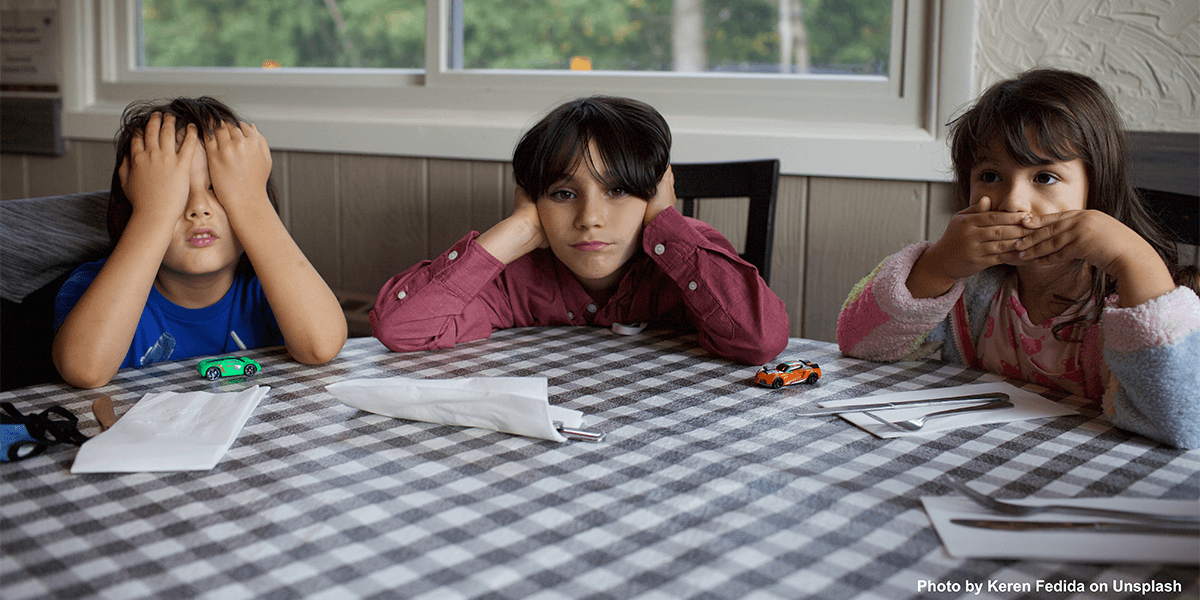
Finding Balance In Blended Families
Finding Balance In Blended Families
3:21
Even though plenty of Americans swear off the institution of marriage after divorce, about 70% of people who divorce eventually go on to remarry (rates are highest for those over age 55, according to the Pew Research Center) and 60% of widows and widowers marry again. It can be blissful for two people to find love again, but it can be challenging for the 40% of married couples with children who have stepfamilies.
Blended families, extended families, bonus children, there are so many ways to describe the new union of existing families, and just as many ways for those new groups to find success. Being honest about anticipating the fears, anxieties, and challenges of coparenting, and finding ways to communicate early on can strengthen existing relationships and create a strong foundation for building new ones.
The American Academy of Child and Adolescent Psychiatry (AACAP) estimates it takes 1-2 years to successfully blend a family in their article on Stepfamily Problems, while some experts caution it can take years longer.
The AACAP suggest focusing on these key areas when bringing step-parents, step-grandparents, and step-siblings together:
-
Acknowledge differences, personal and family losses, and changes
-
Develop new skills in making decisions as a family
-
Foster and strengthen new relationships between: parents, stepparent and stepchild, and stepsiblings
-
Support one another; and
-
Maintain and nurture original parent-child relationships.
Preparing to Parent and Coparent
Fathers may have a different approach than mothers, and couples who are compatible in love may not automatically be on the same page when it comes to household rules, discipline, communication, and future plans. Counseling with a therapist who has plenty of experience working with adoptive parents and blended families can be a great way to check in and learn how to communicate, manage expectations, and create a common language for speaking up when problems arise.
Some couples choose a leader/backup approach where each parent takes the primary responsibility for parenting their own children and a supportive role in parenting their stepchildren. Sometimes called Nacho Kids Parenting, as in “these are not your children”, it allows relationships to develop over time and avoids disagreements when one parent has a more or less permissive style.
Check out the Nacho Kids podcast to learn more and try these tips from Lifeologie Counseling family therapists:
-
Grant your stepchildren grace and space to express their feelings
-
Let each biological parent take the lead in rule-setting.
-
Avoid negative interactions and disengage when conflict arises.
-
Cultivate an authentic bond with your stepchildren by supporting them and participating in activities that interest them.
Remember Why You Began
A strong marriage is an excellent base for a strong family. Even though one parent may take the lead regarding rules and discipline, couples still need to share a united front that models love and respect even when parties disagree. If you’d like to learn some parenting or conflict resolution tools, meet our therapists who specialize in working with adoptive, blended, and stepfamilies and find out which Lifeologie Counseling therapist is right for you.

About Lifeologie
Lifeologie Counseling was founded in 2000 with one goal in mind — to bring a fresh, innovative approach to the everyday problems of life. Creative solutions to stuck problems®. With our unique multi-specialty, collaborative approach, Lifeologie Counseling helps individuals and families heal their wounds and break out of old, unhealthy patterns.




